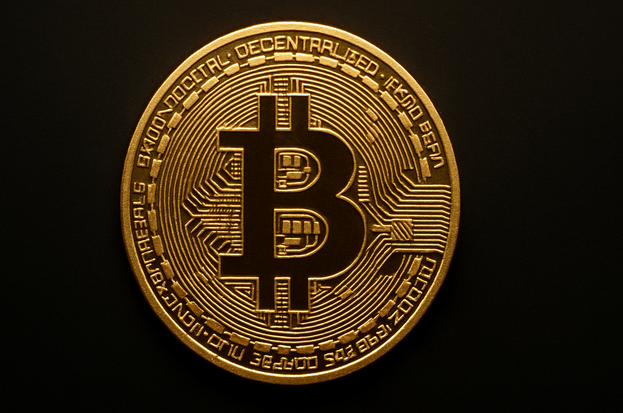TLDR
- A government holding significant BTC could manipulate prices, says Rafique.
- Selling Bitcoin reserves may flood the market and harm Bitcoin’s decentralization.
- Bitcoin reserves could trigger a loss of confidence in the US dollar, warns Rafique.
- Large Bitcoin reserves could spark economic instability and a market crash.
A proposal for national Bitcoin (BTC) strategic reserves may not be as beneficial as some expect, according to Haider Rafique, global managing partner at OKX. He warns that large government holdings of BTC could lead to price manipulation and threaten the decentralization of Bitcoin. Additionally, such a move could undermine the US dollar’s stability, triggering broader economic risks. Rafique outlines how this decision could have far-reaching consequences for both BTC and global financial markets.
Risks of Government-Controlled Bitcoin Reserves
Rafique emphasized that any country holding substantial BTC reserves could influence market prices. If governments choose to sell large portions of their Bitcoin holdings, it could flood the market, driving prices down.
This could disrupt Bitcoin’s core value as a decentralized currency, potentially making it more susceptible to government control. He explained that administrative changes could also lead to a sudden liquidation of reserves, which could cause volatility.
Referring to Germany’s 2024 sale of 50,000 BTC, Rafique highlighted how such actions could suppress Bitcoin prices. Despite the cryptocurrency’s appeal as a decentralized asset, government intervention may conflict with its foundational principles, leading to a less stable market. A large-scale reserve may therefore carry risks that contradict Bitcoin’s original purpose.
A Shift Away from the US Dollar?
Rafique also warned that establishing Bitcoin reserves could signal a lack of confidence in the US dollar. He argued that if countries begin to hold Bitcoin as a strategic reserve, it may be perceived as a sign that the dollar is weakening. This perception could prompt investors to move their assets to other safe-haven assets like gold or the Swiss franc, which are traditionally seen as more stable during times of economic uncertainty.
The idea of diversifying away from the dollar could trigger a flight from the currency, potentially leading to higher volatility in global financial markets. If enough nations follow suit, it could result in a broader loss of confidence in the dollar’s status as the world’s primary reserve currency, further destabilizing international financial systems.
Potential Economic Fallout
The introduction of Bitcoin as a national reserve could lead to unexpected ripple effects in the broader economy. Rafique suggested that the immediate aftermath of such a decision could create a cascading effect across global financial markets. Investors could begin to dump riskier assets in favor of assets that are perceived as safer, such as precious metals or stable currencies.
This sudden shift could spark a wave of liquidations in traditional markets, culminating in a significant market downturn. The instability of the dollar, coupled with the unpredictability of Bitcoin’s price movements, could create a volatile environment where both investors and markets are left to adjust to new dynamics.
The Growing Debate Around Bitcoin Reserves
While some Bitcoin proponents advocate for nation-states to hold Bitcoin reserves as a step toward making it a global reserve currency, Rafique cautioned that these ambitions must be approached with caution. The risks associated with large government holdings of Bitcoin, as well as the potential for price manipulation and market instability, highlight the complexities of such a move.
Rafique’s comments reflect broader concerns within the crypto space about the consequences of integrating Bitcoin too closely with national monetary systems. While Bitcoin remains an attractive asset for investors seeking decentralization, its role in global finance may be complicated by government involvement in its reserves. As this debate continues, the future of Bitcoin’s role in the world economy remains uncertain, with both risks and opportunities for investors to consider.








